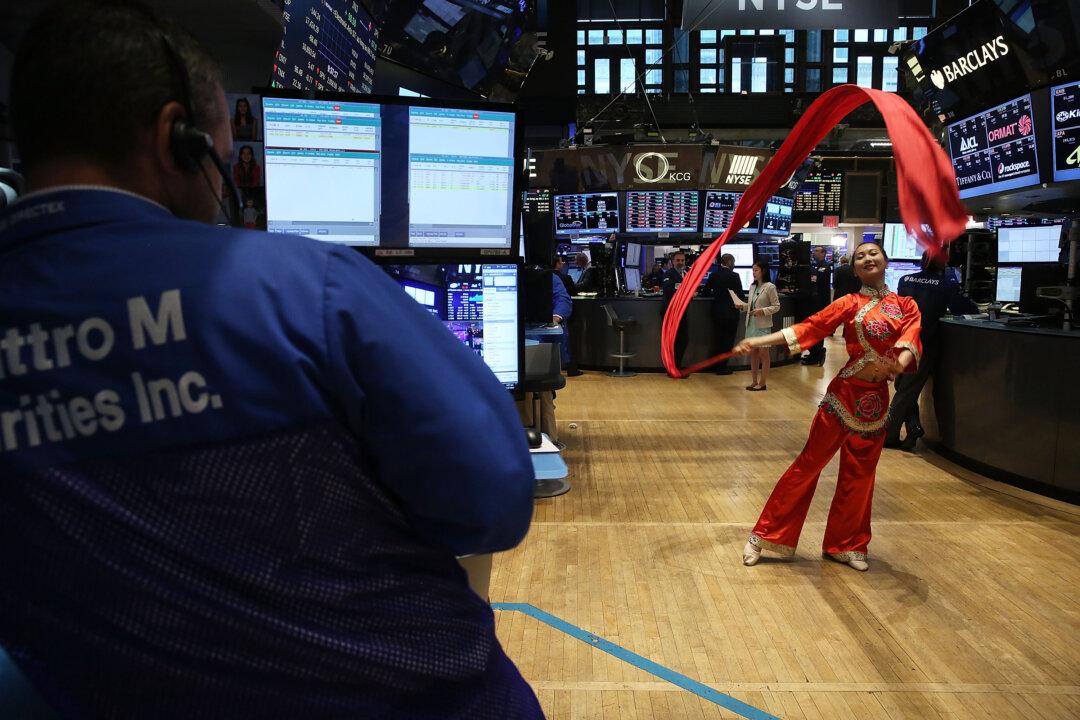China’s economy must be more competitive than that of the United States; after all, they sell more goods to us than we sell to them.
The World Economic Forum (WEF) challenges this singular view of competitiveness, which it defines as “the set of institutions, policies, and factors that determine the level of productivity of an economy, which in turn sets the level of prosperity.”
According to the WEF research, it turns out that the United States has the edge in nine categories (rank out of 140 countries is shown in brackets). Let’s look at the most important ones to compete in the 21st century.
- Institutions (U.S. 28 / China 51)
This section examines the country’s legal and administrative framework, both public and private. Does the rule of law prevail? Are government officials and companies corrupt? Are property rights protected?
The United States does better here than China but barely makes it in the top quintile. Ironically, the low ranking (60) of security (reliability of the police, business cost of terrorism) drags down the quality of public institutions whereas private institutions rank in the top decile (15) for accountability (reporting standards, investor protection).
Security is also dragging down China’s public institutions ranking (70), and it ranks bottom third for accountability of private institutions (97).






